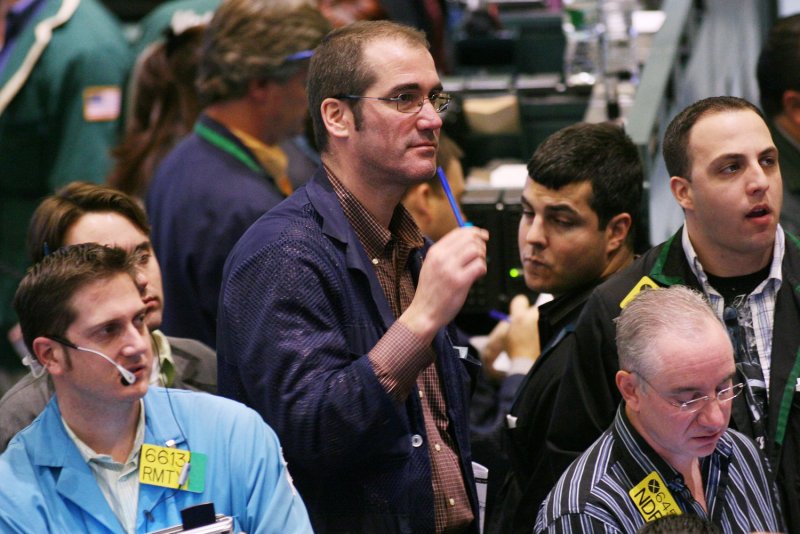Oil recovers lost ground after dropping briefly below $40 per barrel in Monday trading. File photo by Monika Graff/UPI |
License Photo
NEW YORK, Aug. 2 (UPI) -- Emerging sentiment about a slow, but steady, recovery in the market for crude oil helped prices recover Tuesday from a brief drop below $40 per barrel.
Crude oil prices dropped more than 3 percent during trading Monday as supply-side pressures added to fears the sentiments on balance that helped push oil above $50 in late spring 2016 were evaporating. Concerns about a slowing economy in Asia, sluggish growth in the United States and post-Brexit worries in Europe all add up to a scenario for lackluster demand.
Oil prices dropped briefly below $40 per barrel during midday trading Monday. Jeff Mower, an oil editor for the Americas at S&P Global Platts said through an emailed report that recovery may be "getting kicked down the road a bit."
Platts said it expects West Texas Intermediate, the U.S. benchmark for the price of crude oil, to average about $43 per barrel for the rest of 2016. The market got some support early Tuesday from a U.S. Commerce Department report, however, showing both personal income and disposable income, two main components of U.S. economic activity, increased 0.2 percent in June. For personal income, that's less than the 0.4 percent gain in April, but far better than the 0.1 percent decline from February.
WTI opened trading in New York up 1.7 percent to $40.74 per barrel. The price for Brent crude oil gained 2 percent to start the day at $42.98 per barrel.
A combination of factors could push oil prices modestly higher, however. According to Bloomberg News, the $1 trillion in spending cuts triggered in part by lower oil prices could tighten the balance between supply and demand as companies invest less in exploration and production, a trend characterized by consultant group Wood Mackenzie as a "ticking time bomb."
Michael Hseuh, a strategist at Deutsche Bank, told Bloomberg that recovery is a "very slow process," though a net average of analyst sentiment gathered by the news agency finds oil should settle at around $57 per barrel for next year.















